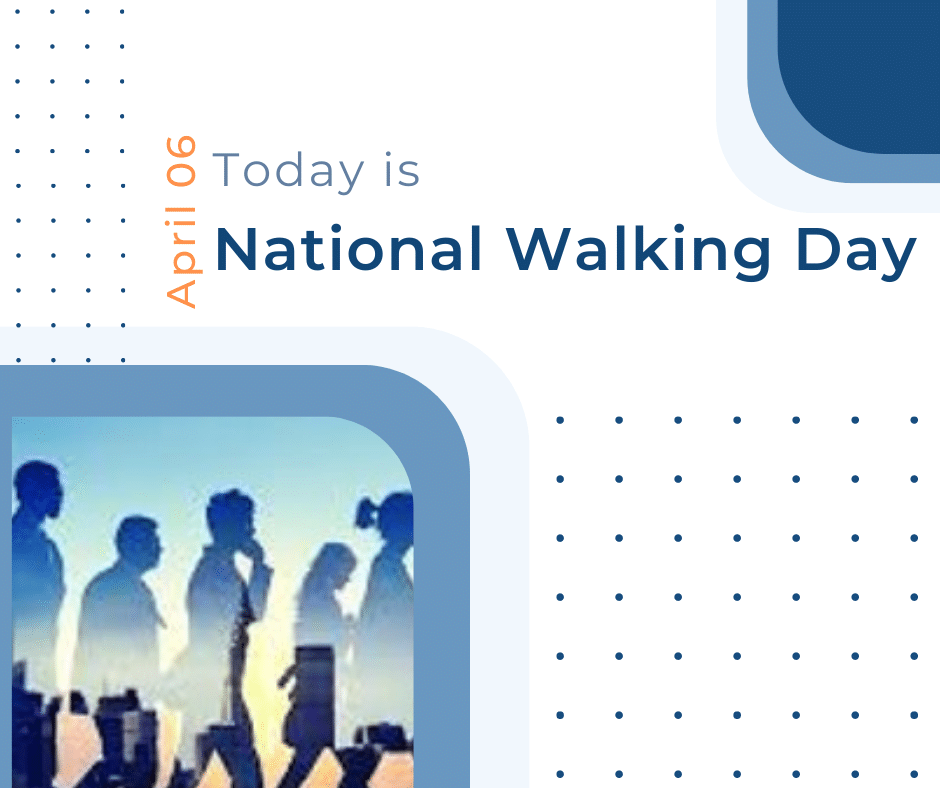With school back in session, kids and adults should be fueling their day with a…

10 Tips for Corporate Athletes
If you’re watching (ahem, binging) Netflix’s “Quarterback” series, it’s evident, respectable, and impressive how much the QB’s invest in and emphasize their mental health and physical longevity. Each one has an insatiable desire to stay healthy and play competitive football for as long as he can and knows prioritizing his well-being is the key to doing that. All of us Corporate Athletes can take note and invest in our mental health and physical wellbeing to support our personal resilience and career longevity as well.
Here are 10 tips from a health coach to enhance your physical and mental longevity as a corporate athlete.
1. Get more sleep. Sleep is the #1 pillar of health and it impacts everything. Get at least 7 – 9 hours of sleep. Sleep is usually the first thing sacrificed to get a head start on the next day. Instead, reframe sleep as “an investment in tomorrow’s productivity.”
2. Eat real food. Food is fuel. And the best fuel you can put in your body is food in its original form, like it’s found in mother nature. 80% of the time eat whole, unprocessed foods; 20% of the time can be reserved for healthy processed foods (no seed oils, gluten, or excess sugar though).
3. Find your release valve. Stress is known as the silent killer. You’ve probably witnessed leaders and colleagues who haven’t appropriately managed their stress – their personal lives are unfulfilling, their career is their whole identity, and perhaps they’ve had to go as far as taking a leave of absence to recalibrate. To mitigate stress’s wear and tear on the body, try these:
A) Reframe your perception of stress.
B) Find a healthy, sustainable release valve and do it consistently.
C) Do activities/hobbies that you enjoy.
4. Hydrate. Drink half your body weight in ounces of water. Note: coffee, tea, soda, energy drinks do not count! Ex: If you weigh 160 lbs, aim to drink 80 oz of water each day.
5. Cultivate your connections. Intentionally prioritize and carve out time for social connections. We are in a loneliness epidemic and it’s associated with a greater risk of cardiovascular disease, dementia, stroke, depression, anxiety, and premature death. The mortality impact of being socially disconnected is similar to that caused by smoking up to 15 cigarettes a day.
6. Prioritize protein. Eat at least 30g of protein at each meal but especially the first meal of the day. After you’ve been fasting for several hours (sleeping), it’s important you fuel your body with high quality, animal-based protein first, not sugar (ie cereal, granola bars, bagels, etc). 30g is usually 5-7oz of meat.
7. Habitify a meditation practice. What do Opray Winfrey, Marc Benioff, 50 Cent, Arianna Huffington, Jeff Weiner, and hundreds of other successful entrepreneurs, business leaders, actors and musicians have in common? They all practice meditation. Meditation helps successful people remain at a high level of functioning and think innovatively because of its ability to increase clarity, focus, and resilience.
8. Move your body. What’s the best form of movement? The one you’ll actually do. But if you really want to level-up your corporate game, strength train at least two times per week, working all major muscle groups, and walk at least 10,000 steps per day. Movement is associated with vitality, positivity, energy, creativity and problem solving.
9. Stop drinking alcohol. Physiologically it’s terrible for your body, brain, organs, metabolism, cognition, and stress management. Data has shown it’s actually making you more stressed, not less stressed, even when you’re not drinking! It’s not serving you or your goals. In fact, it’s taking you further away from your goals. Even when you’re not drinking, it has lingering effects that are making you dumber, fatter, and more stressed (sorry to be so blunt!) Andrew Huberman proves in this episode of his podcast that there’s nothing beneficial (actually detrimental) about alcohol.
10. Stop comparing; comparison is the thief of joy. Cultivate a gratitude practice with a growth mindset. There’s a wealth of data showing that having a consistent gratitude practice improves mental health, cognitive performance, cardiovascular health, and even lowers inflammation markers. There’s so much to be grateful for. You’ve been given opportunities, networks, and resources which have contributed to your success. Run your race; don’t look in other people’s lanes and compare your race to theirs. Whatever season or chapter you’re in right now, you’re exactly where you’re supposed to be; find gratitude in the here and now.
If you’re curious how adding a Health Coach to your wellness team may help you reach your goals, I offer free discovery calls if you’d like to learn more.
If you’re interested in learning more about how these 10 tips work in harmony towards your health goals, click here to get my MVP recommendations of books, podcasts, and other resources.


